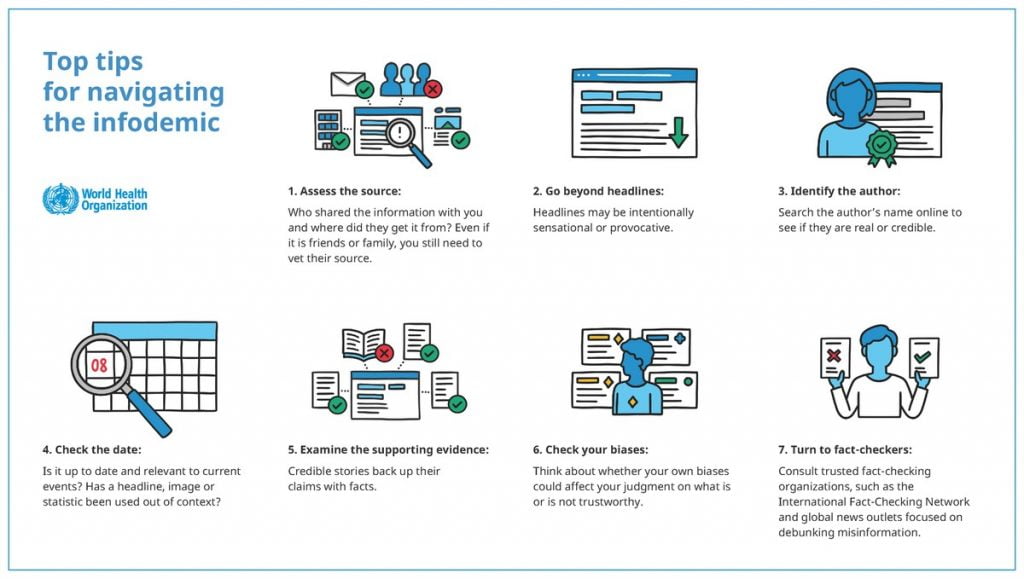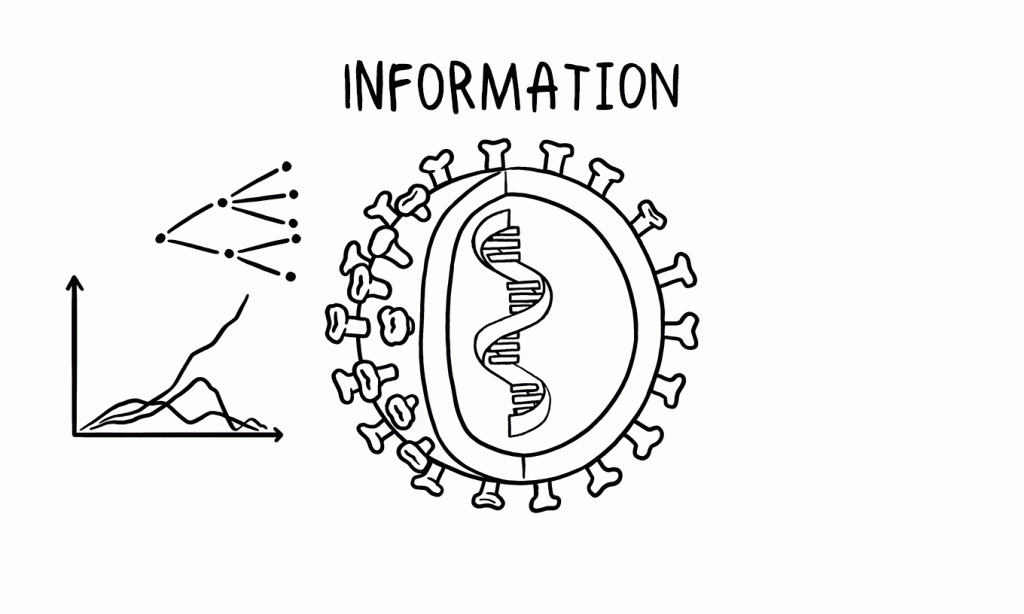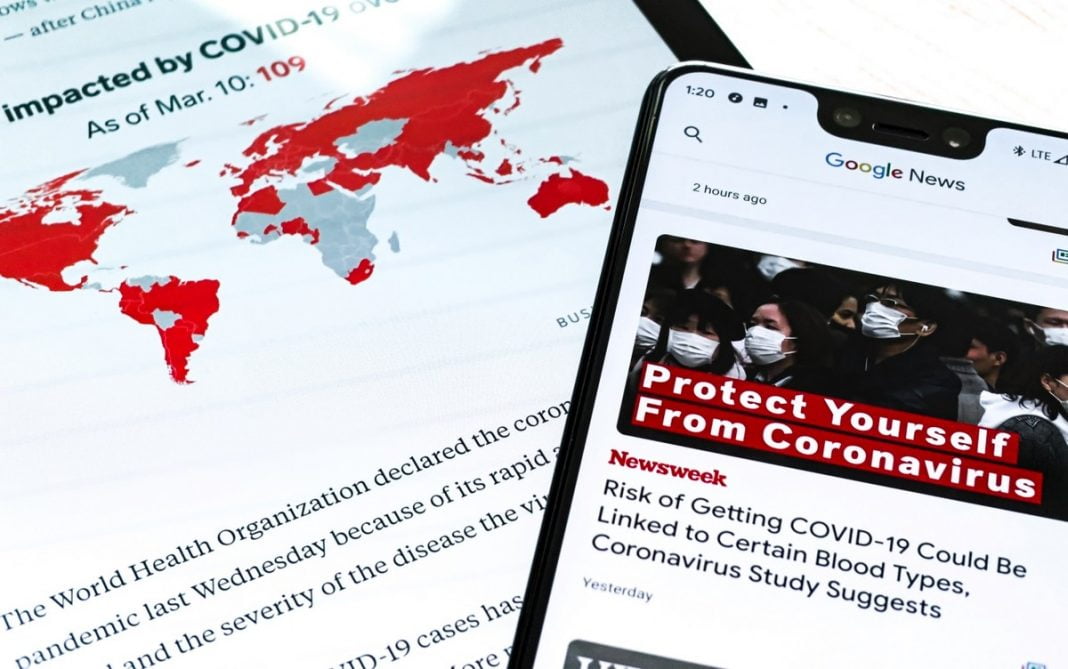As one of the worst public health crisis ever recorded in recent history, COVID-19 has not only impacted the way people live, study and work. It has also affected the way they have been receiving and processing information about the coronavirus online.
Already vulnerable to misinformation and disinformation by just being on the Internet, people’s susceptibility is further increased during the pandemic, as they attempt however they can to comprehend the coronavirus that continues to evolve and wreak havoc rapidly.
Various organisations from around the world are staying up to date with debunking falsehoods concerning COVID-19, which thus far include theories on the coronavirus origins, reports on morbidity and mortality numbers, preventive measures, vaccine efficacies and countless of others.
In the worst case, some who were even dying from the disease still denied the existence of the coronavirus – an example of how pervasive misinformation and disinformation can be at this time.
Realising the need for the public to gain accurate information about the ongoing pandemic, the World Health Organisation (WHO) has taken the initiative to fight against the COVID-19 ‘infodemic’.

A term first used in reference to the severe acute respiratory syndrome (SARS) outbreak in 2003 and has since been utilised with the emergence of COVID-19, an infodemic happens when “too much information including false or misleading information in digital and physical environments during a disease outbreak”, leaving some feeling confused or taking risky behaviours that are detrimental to their health.
Others who fall for COVID-19 misinformation and disinformation might not trust their health authorities, thereby undermining public health responses such as mask mandates, safety guidelines and vaccine rollouts.
“An infodemic can intensify or lengthen outbreaks when people are unsure about what they need to do to protect their health and the health of people around them.
“With growing digitisation – an expansion of social media and internet use – information can spread more rapidly. This can help to more quickly fill information voids but can also amplify harmful messages,” the WHO elaborates.

The organisation employs infodemic management, which utilises risk and evidence-based analysis and approaches to ensure the practice of good health among the public by managing the infodemic itself and decreasing its effect on health behaviours during a public health crisis.
To achieve this, four forms of measures are being carried out:
- Listen to community concerns and questions
- Promote understanding of risk and health expert advice
- Build resilience to misinformation
- Engage and empower communities to take positive action
As the public are vulnerable to COVID-19 misinformation and disinformation, WHO has undertaken initiatives as a way to develop and promote guidelines that enable individuals, community leaders, governments and private organisations to take action in managing the COVID-19 infodemic.
Among others, the organisation has been collaborating with over 50 digital and social media companies, including Facebook, Google, WhatsApp, TikTok and YouTube, to make certain that its science-based health information as well as those from official sources appear first in any information search related to COVID-19.
It has also been running a digital awareness campaign with the United Kingdom (UK) Government on COVID-19 misinformation in hopes of encouraging people to report any false or misleading information.
Furthermore, through its health alert chatbot that is available on WhatsApp and Facebook Messenger, for example, WHO is creating tools that can further spread the latest news and information on preventive measures against the coronavirus.






